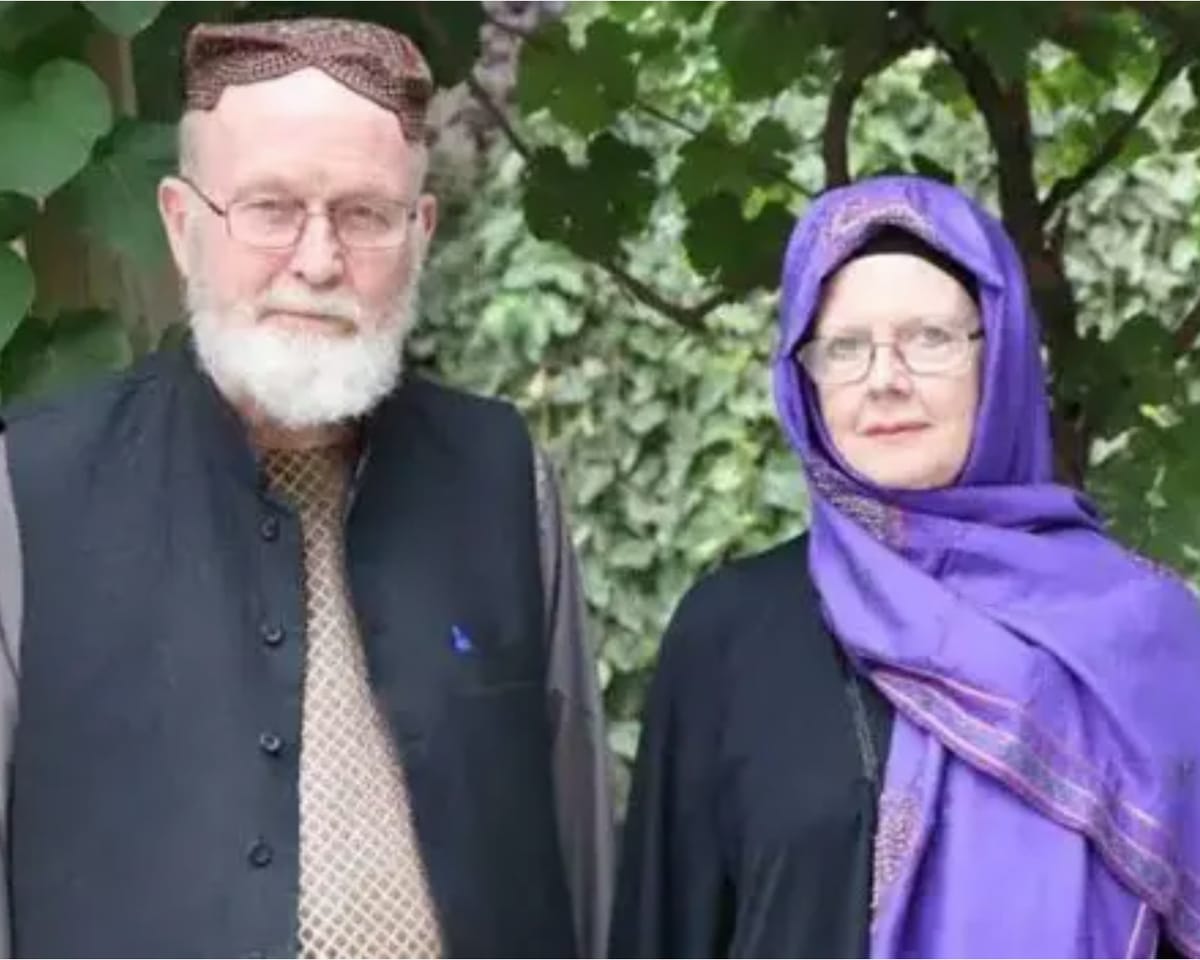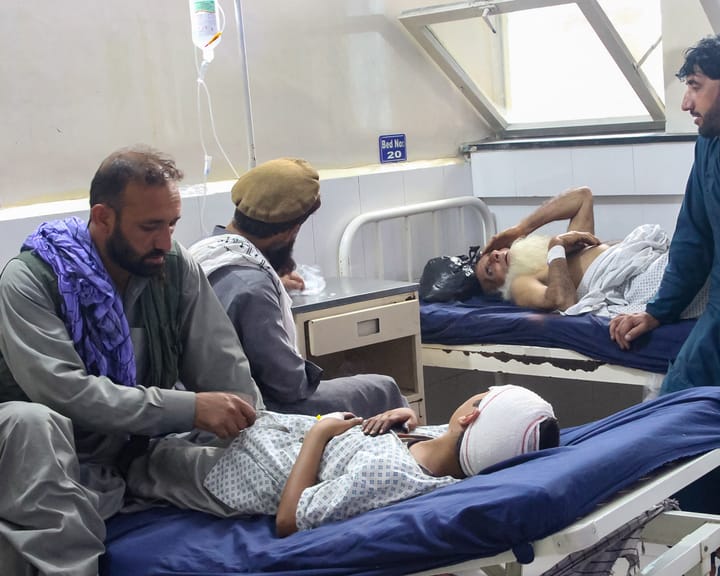Elderly British Couple Detained in Afghanistan Face Grave Health Risks, UN Experts Warn
UN human rights experts have raised concerns that an elderly British couple held in Afghanistan could face severe health consequences due to poor detention conditions, urging authorities to transfer them to a hospital for proper medical care.
Peter and Barbie Reynolds, aged 80 and 75, who had been living in Afghanistan, have been detained without charges by Taliban authorities since February. Their health has reportedly declined significantly during their imprisonment.
In a statement issued on Monday, the UN experts questioned the justification for the couple's detention, calling for an immediate review of their case. The group, which includes UN special rapporteur on torture Alice Jill Edwards, stated: "Keeping them confined under such harsh conditions is inhumane, particularly given their fragile health. Their immediate transfer to a hospital is essential."
Initially held in a high-security facility and underground cells with no exposure to sunlight, the couple was recently relocated to above-ground detention. However, experts say their condition has worsened, warning that inadequate medical attention puts them at risk of irreversible harm—or worse.
According to reports, Peter Reynolds has suffered collapses, multiple eye infections, and persistent tremors in his head and left arm. He requires heart medication following a transient ischemic attack in 2023, and his family has raised concerns about a possible recurrence of skin cancer requiring urgent treatment.
Barbie Reynolds, meanwhile, has reportedly developed anemia and remains in a weakened state, possibly due to prolonged inadequate nutrition. She has also experienced numbness in her feet.
The couple had been residing in Afghanistan for 18 years, where they operated a research and training organization.
The UN experts noted that the pair have been deprived of their freedom without formal legal proceedings, denied proper legal support, and permitted only minimal phone contact with relatives. "The psychological distress caused by indefinite detention without explanation constitutes cruel treatment," they stated.




